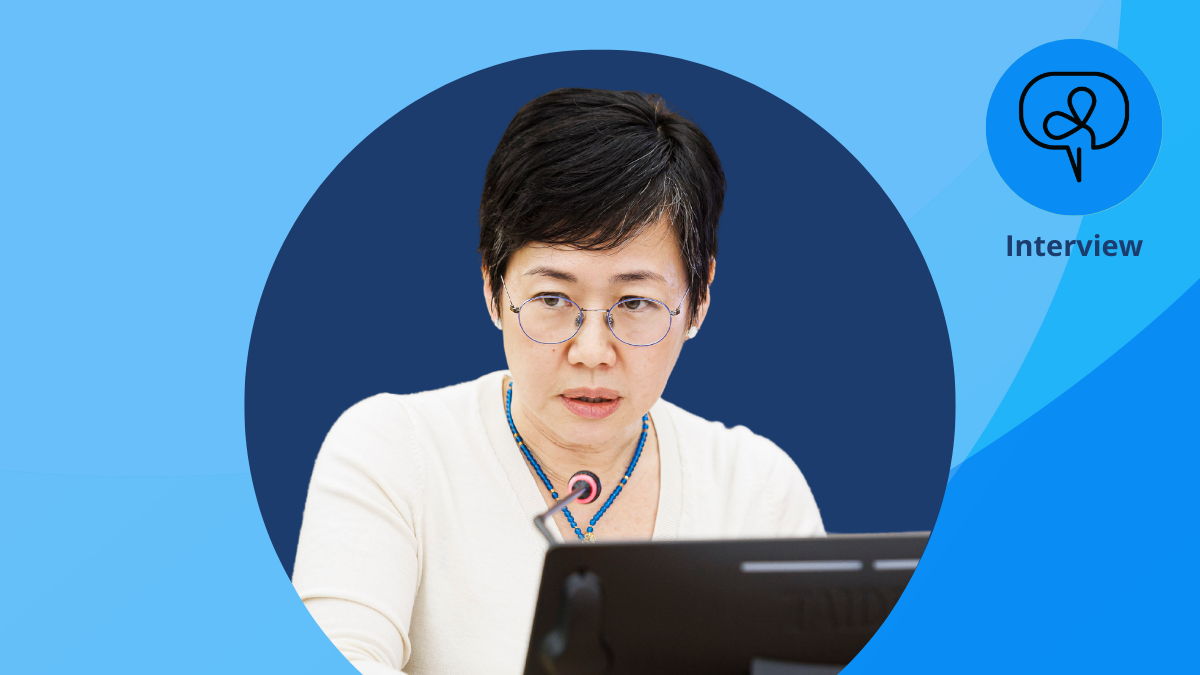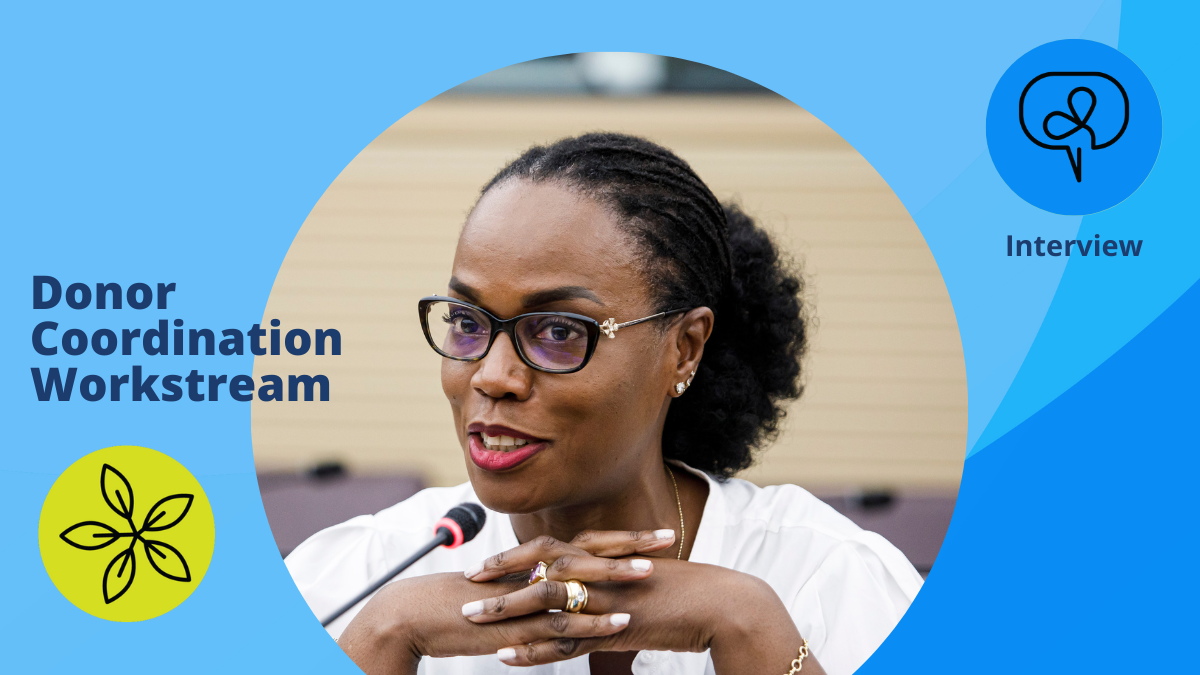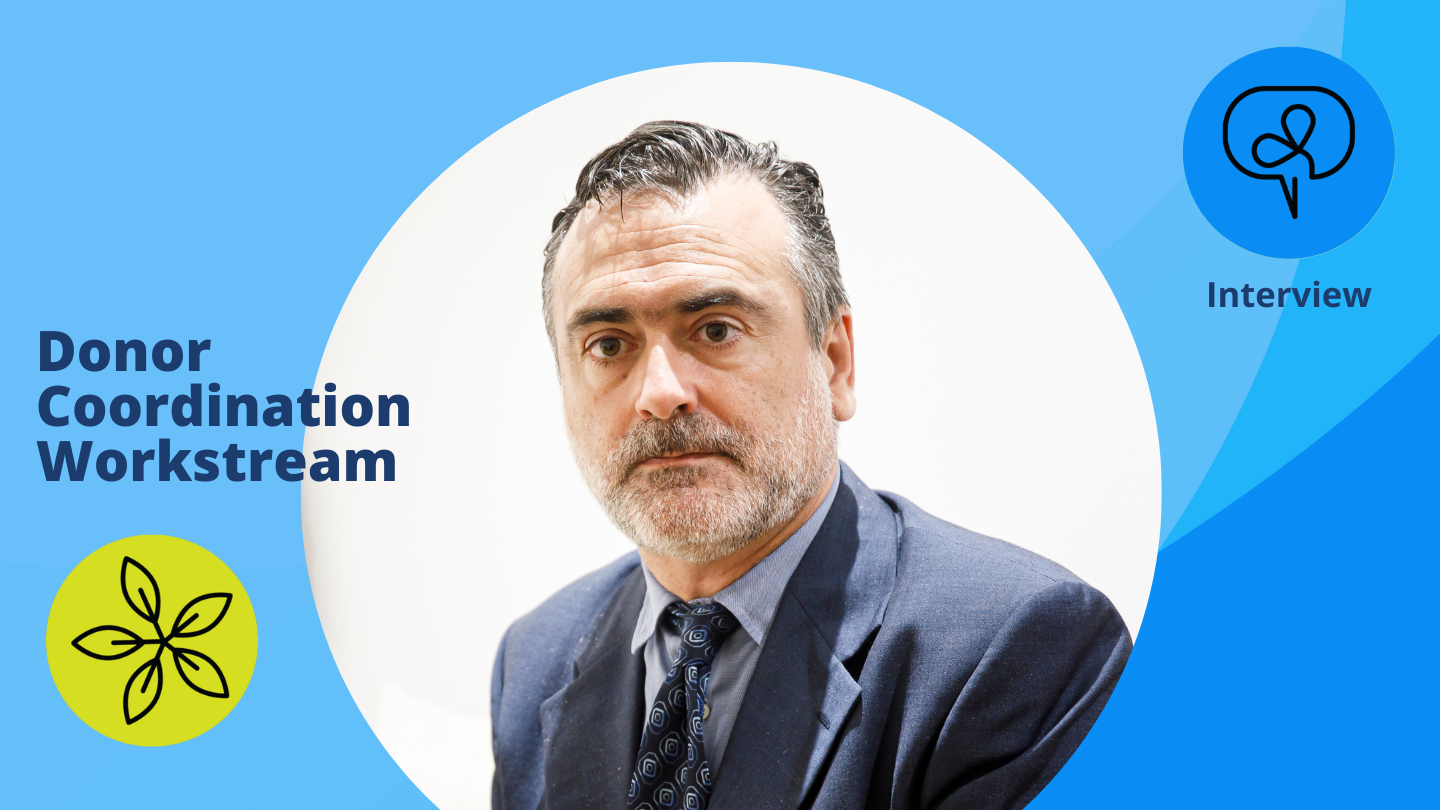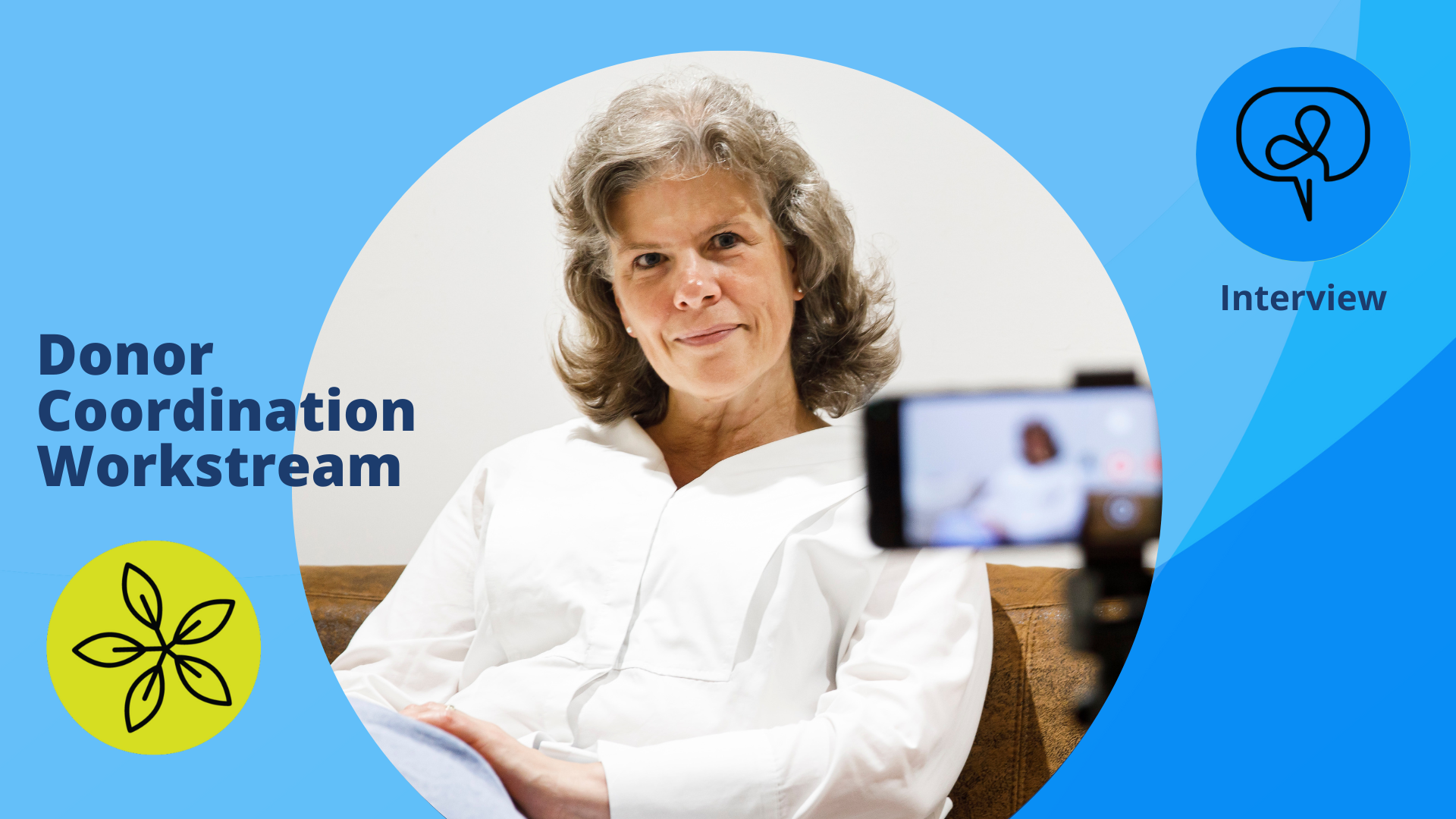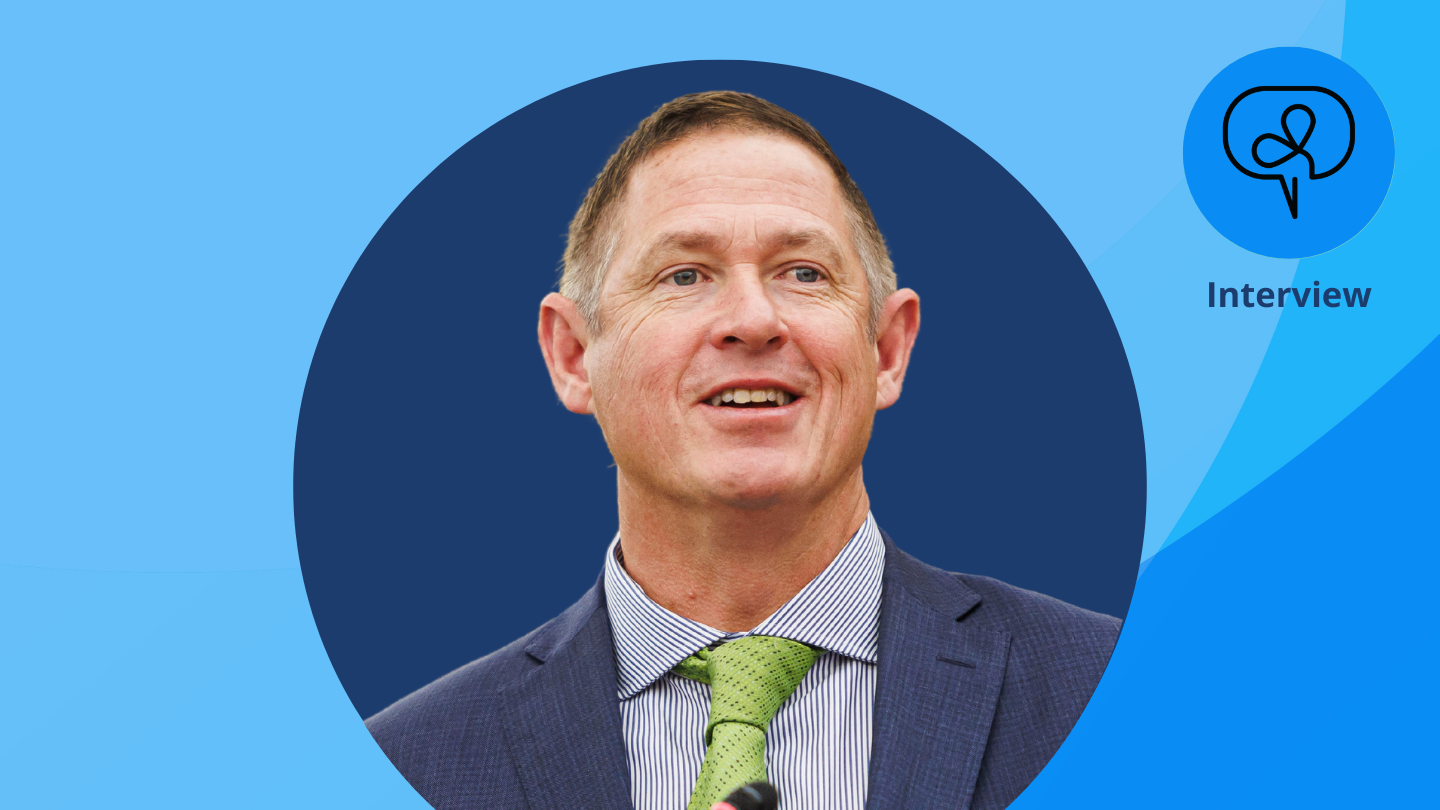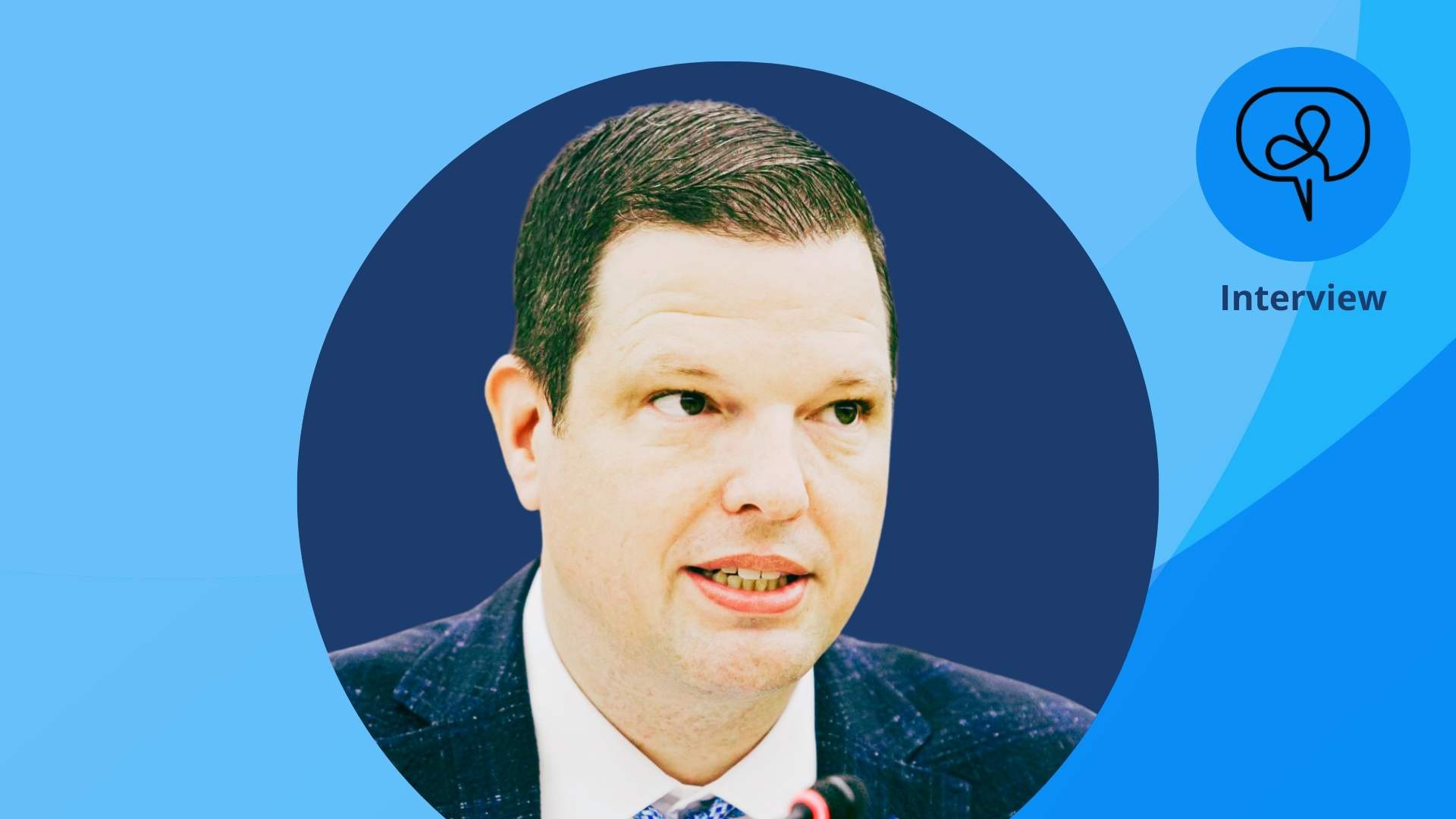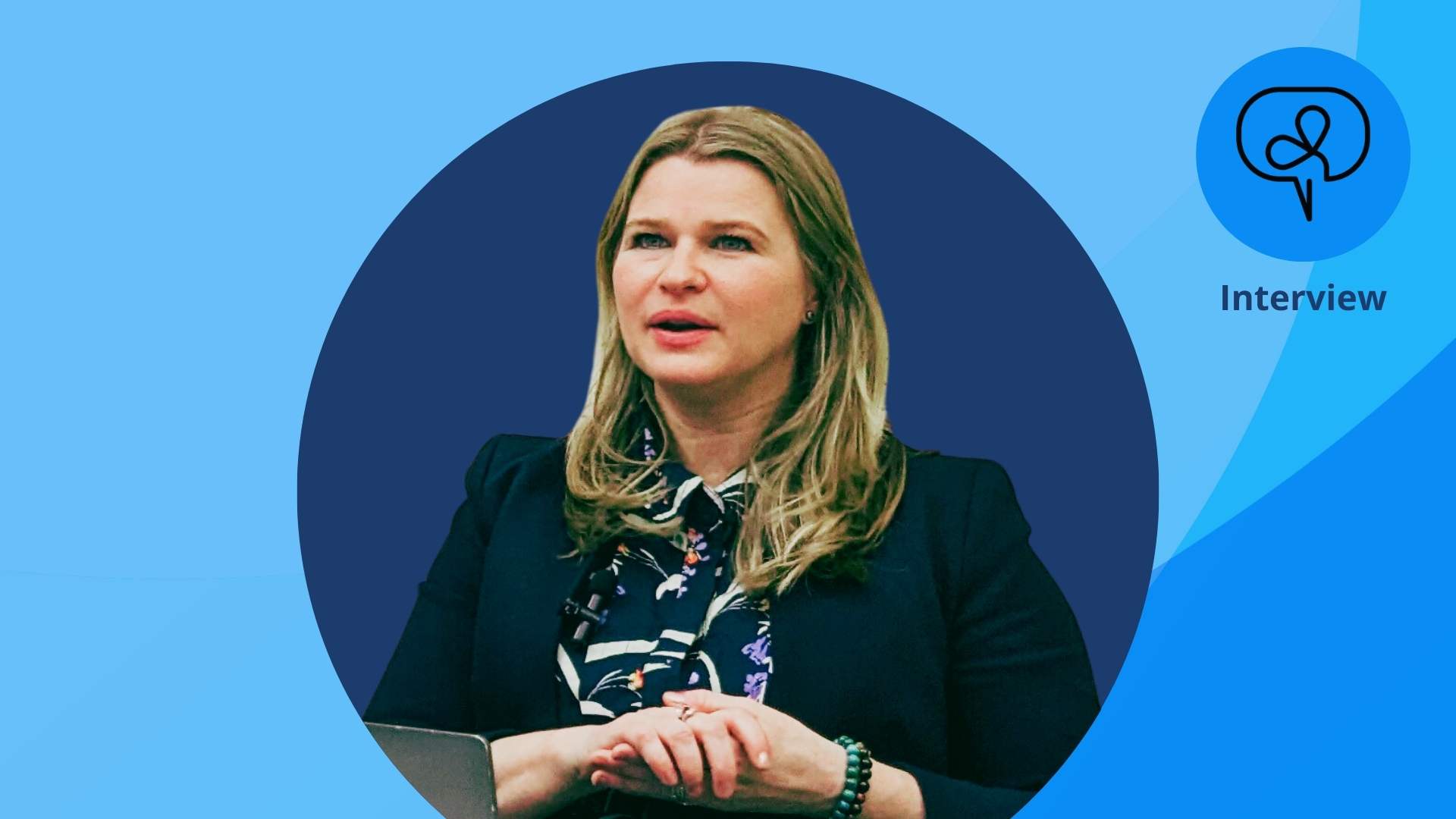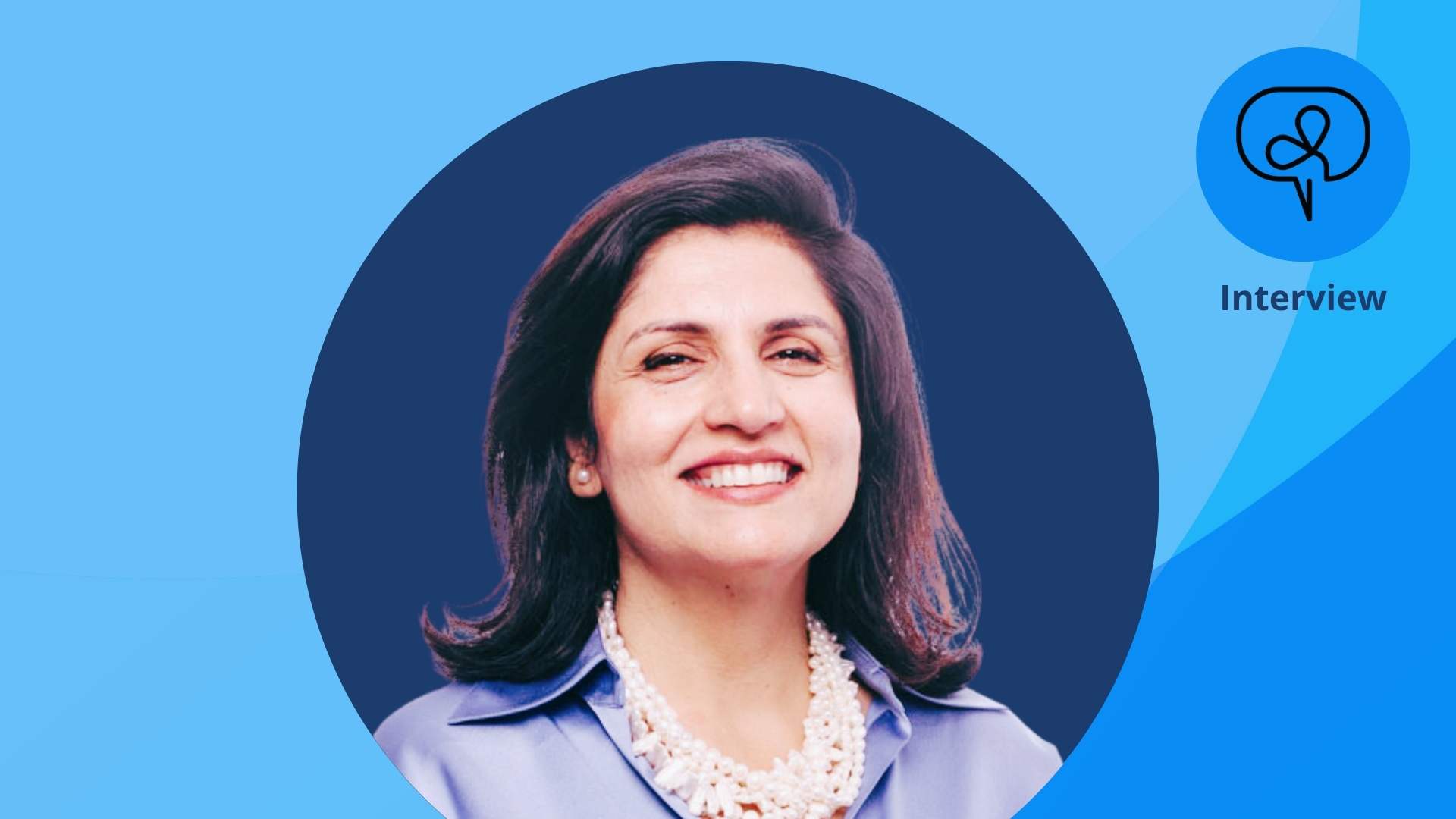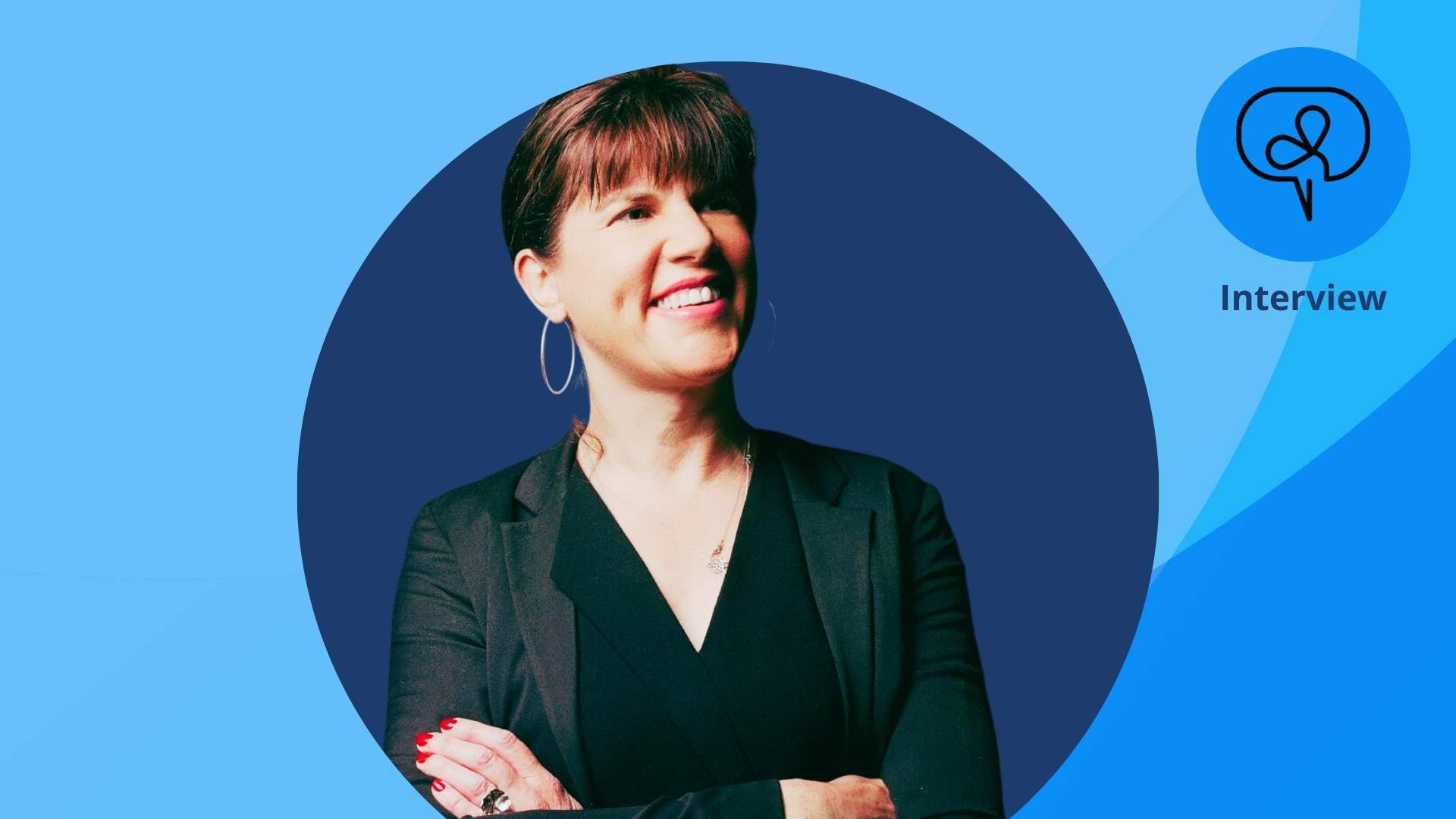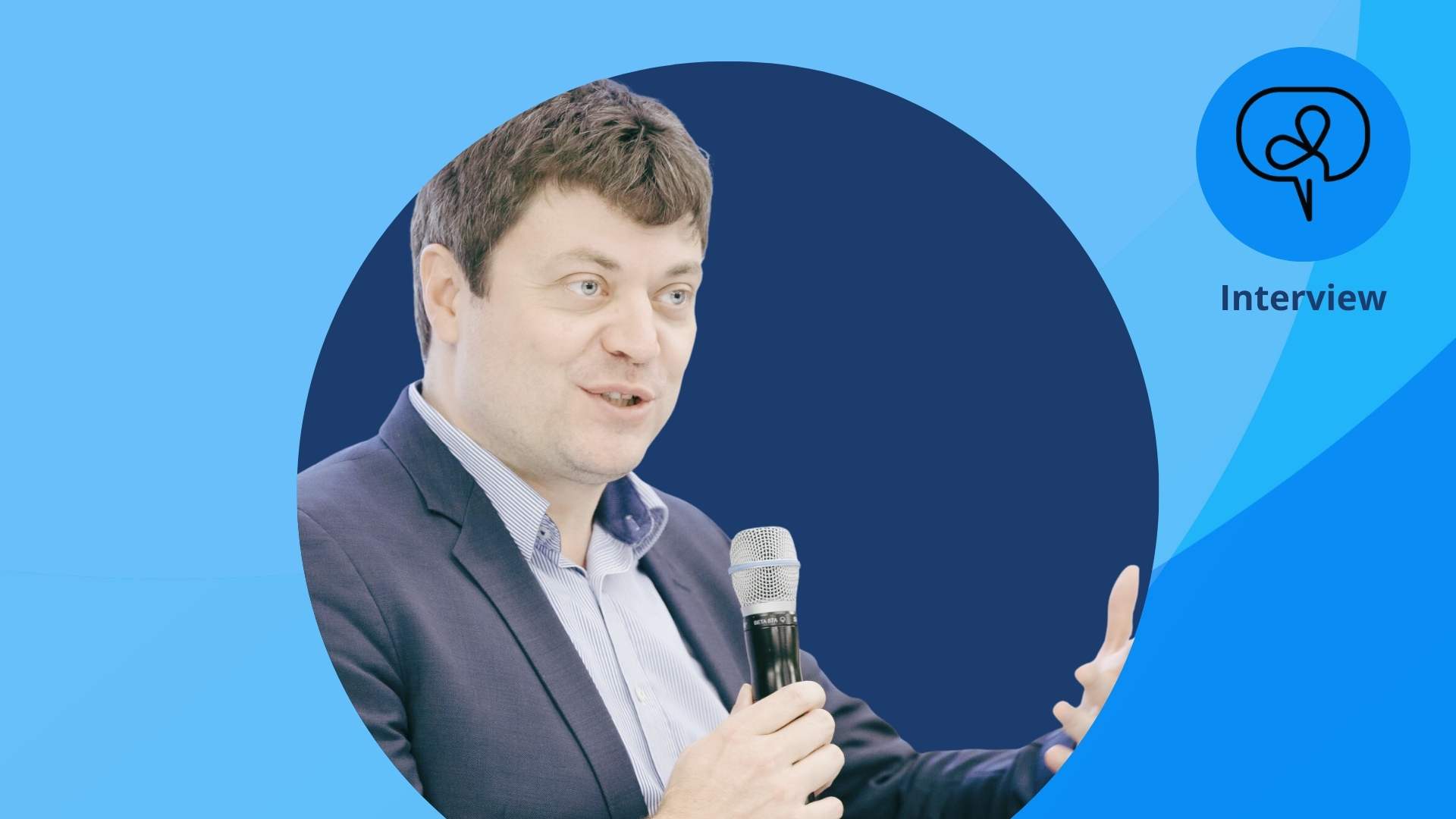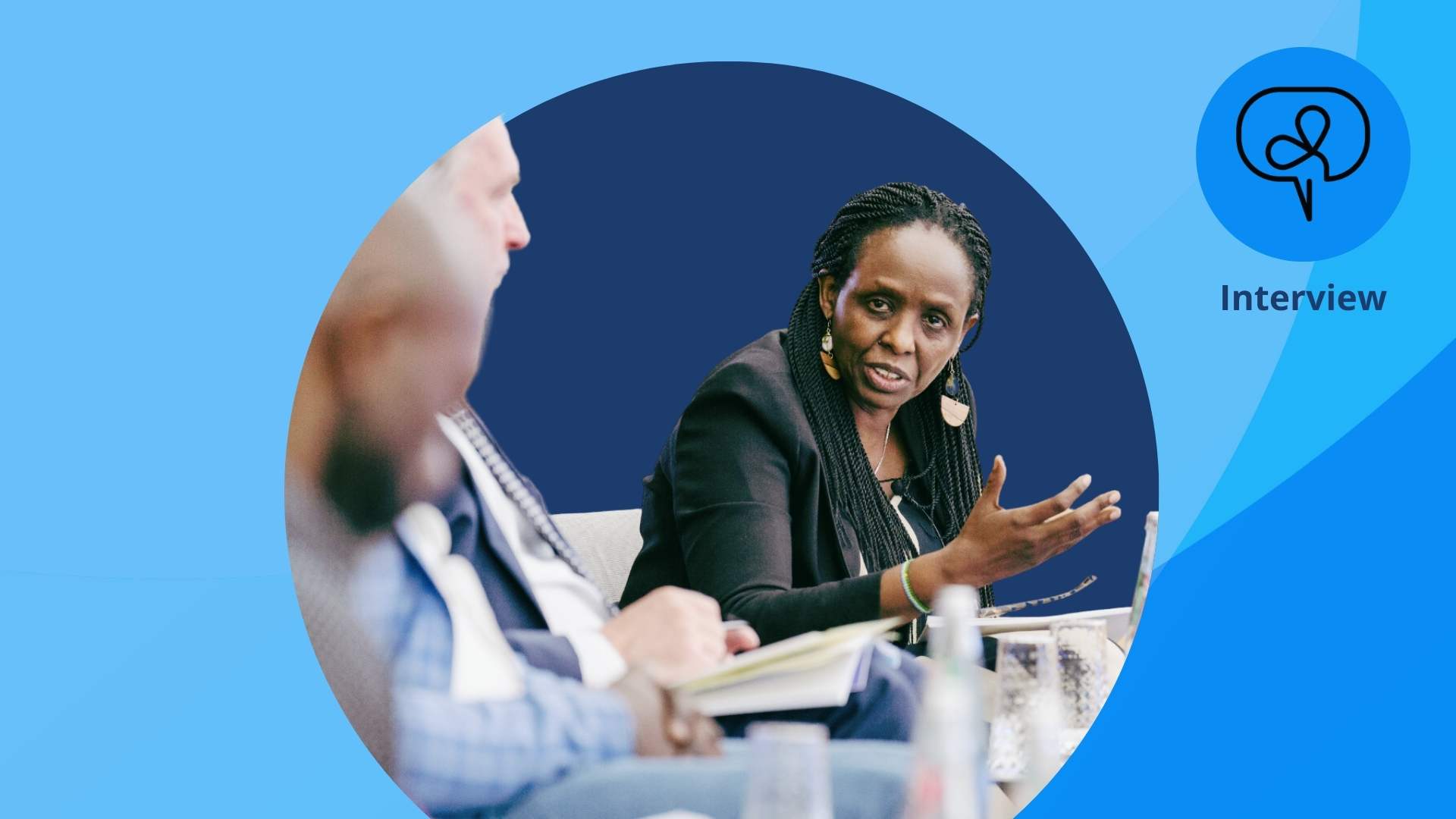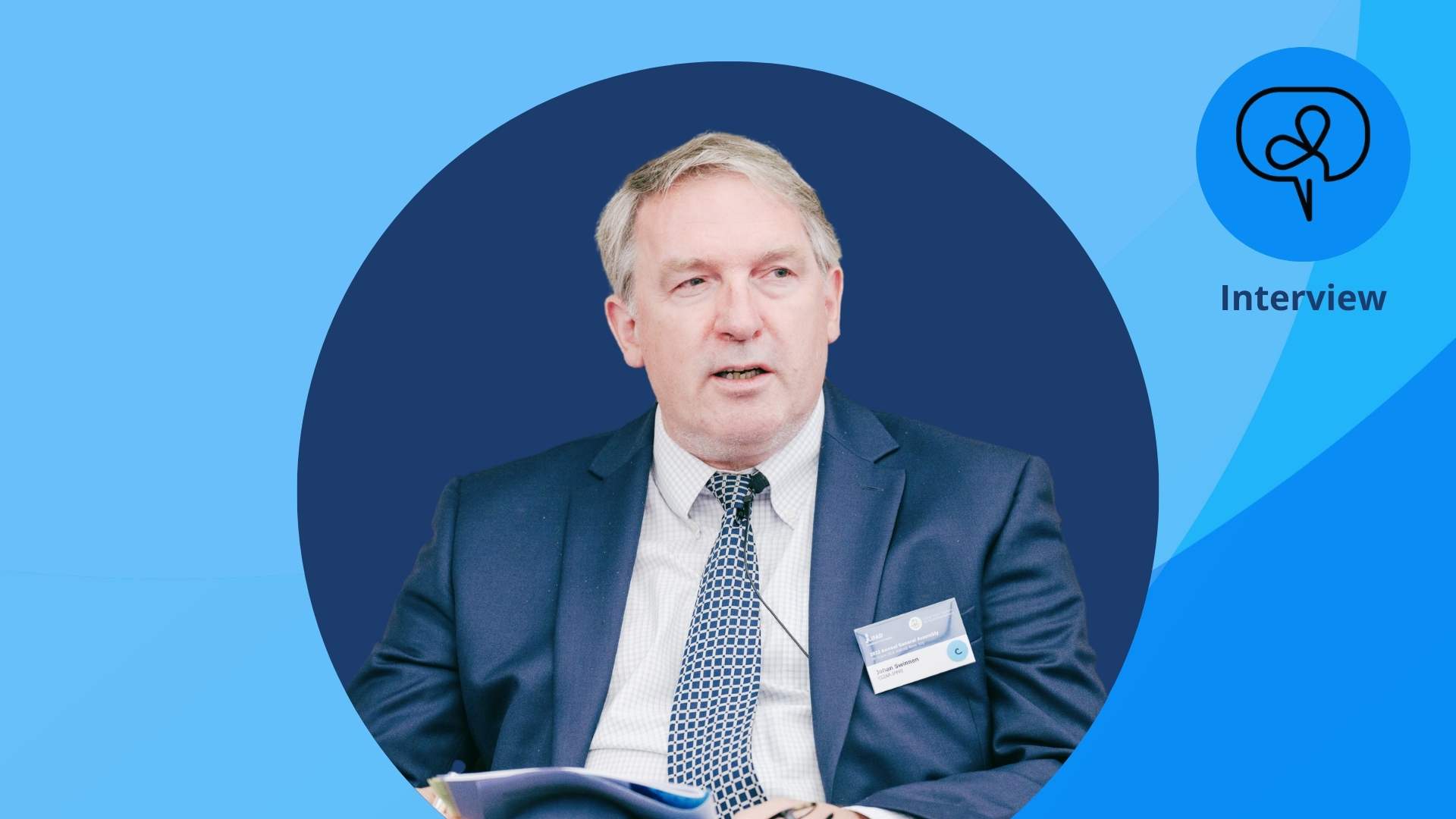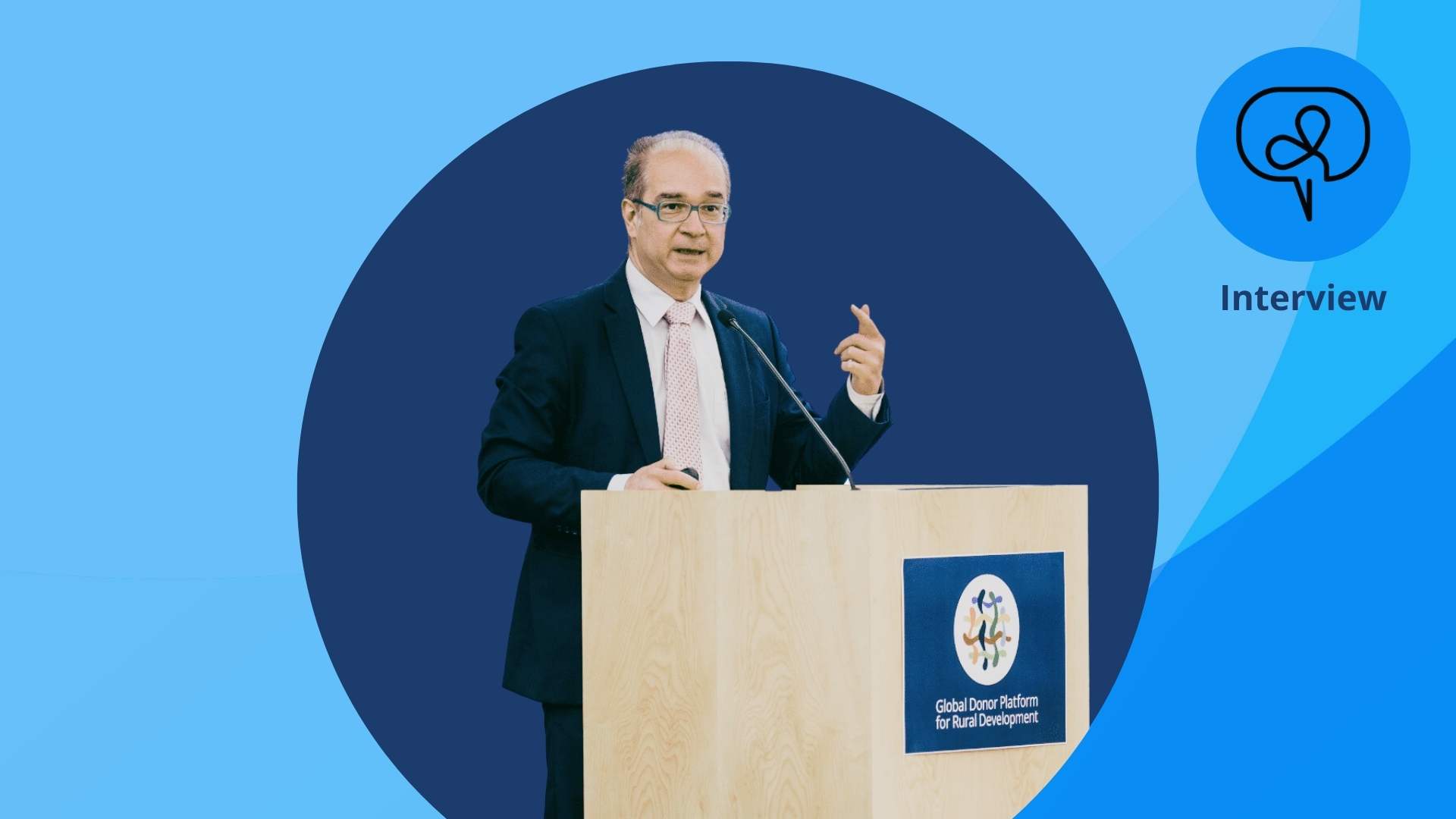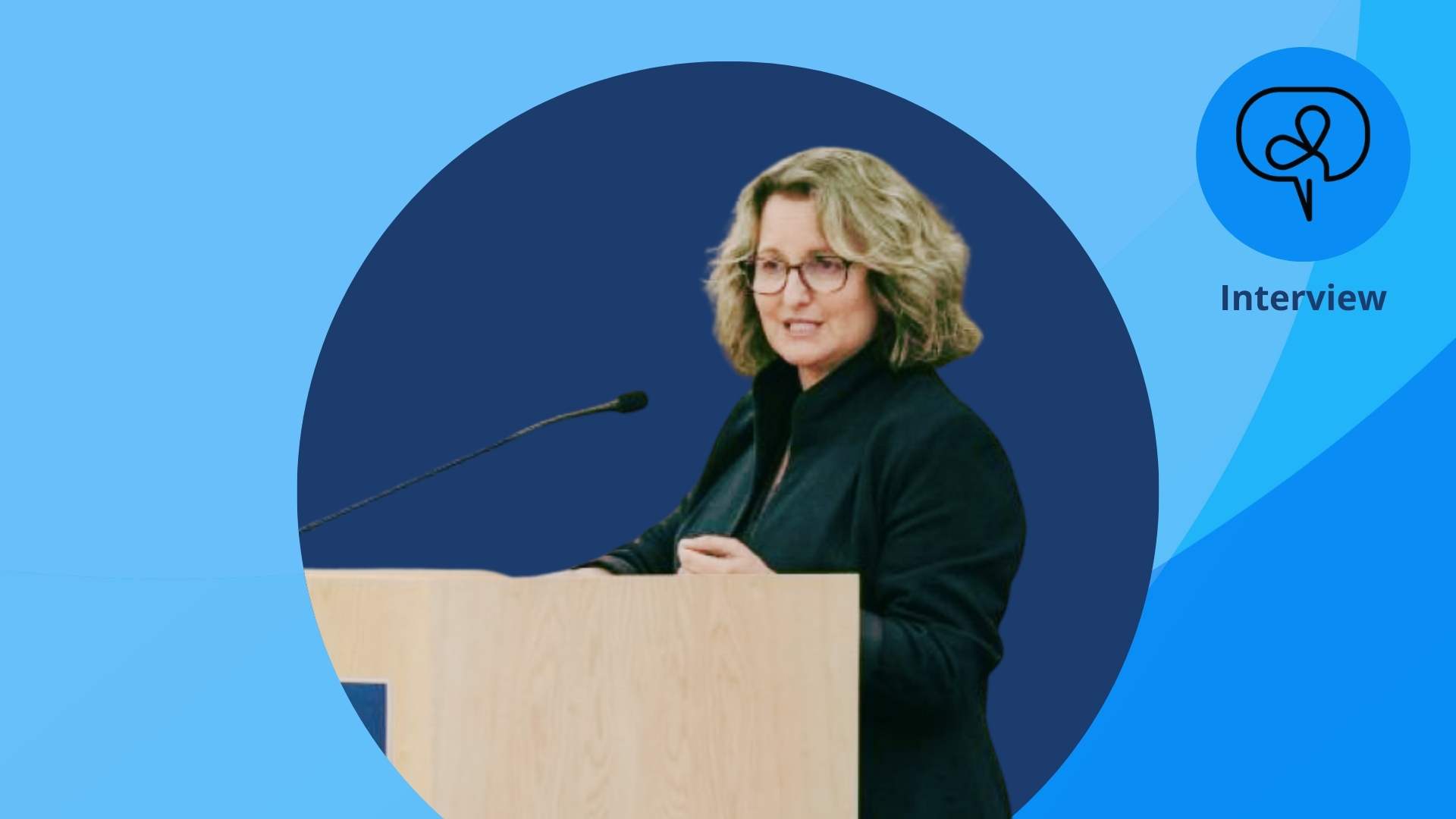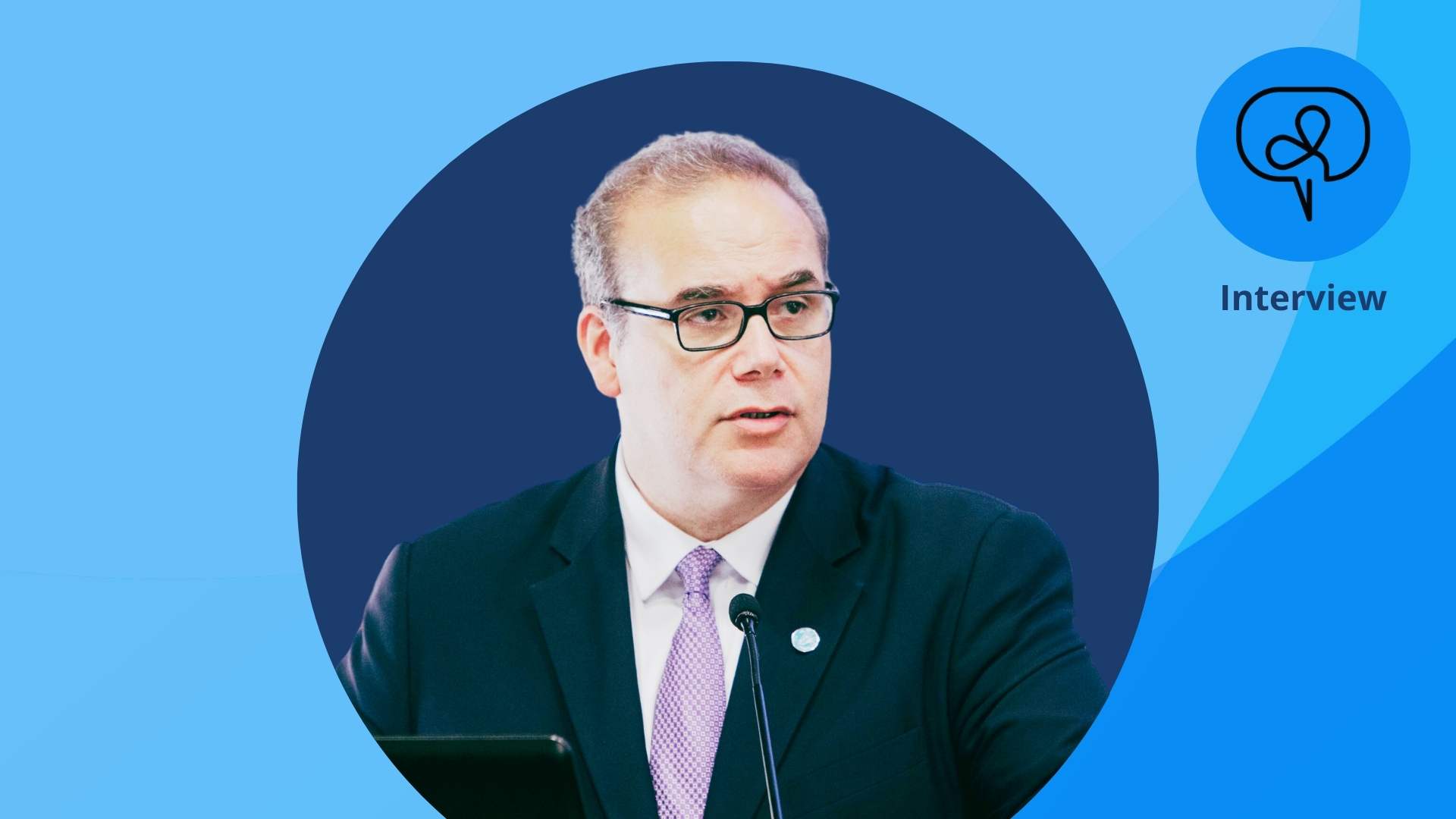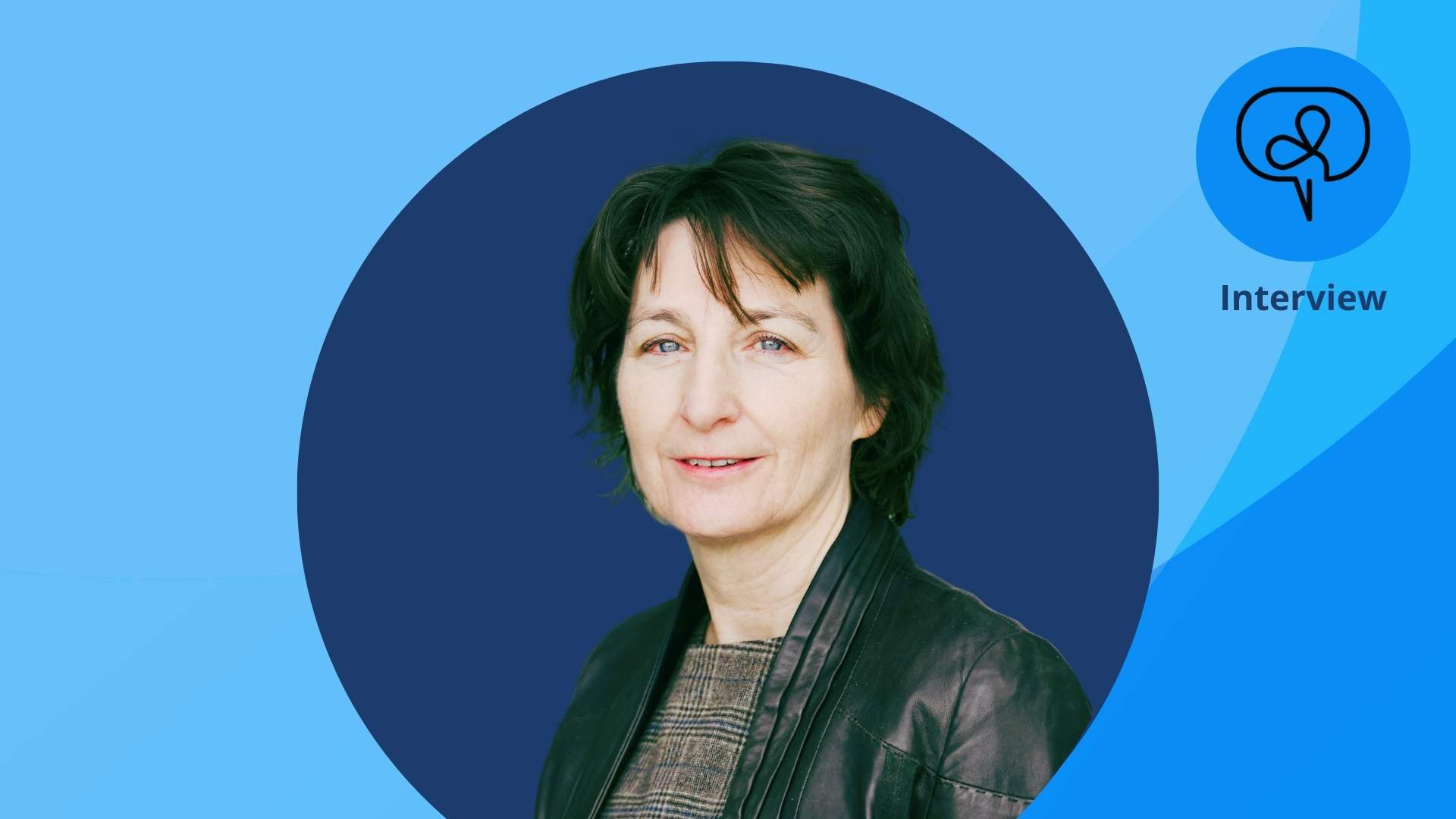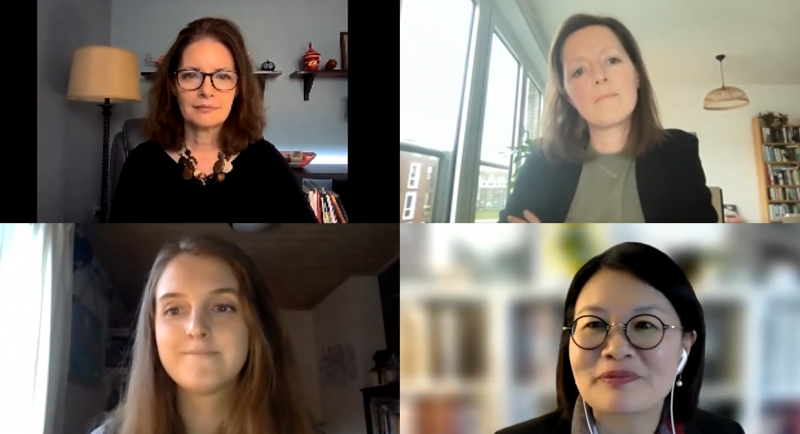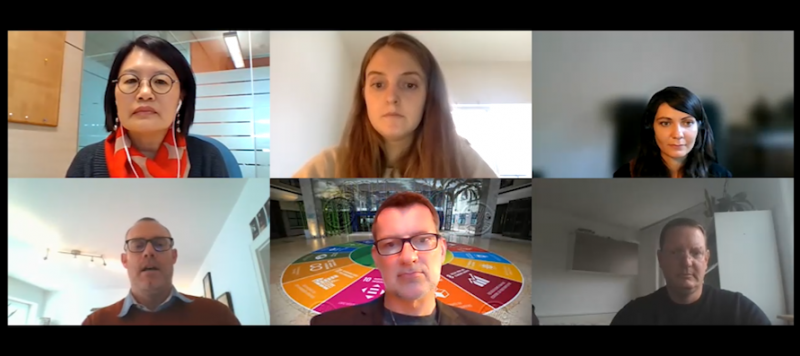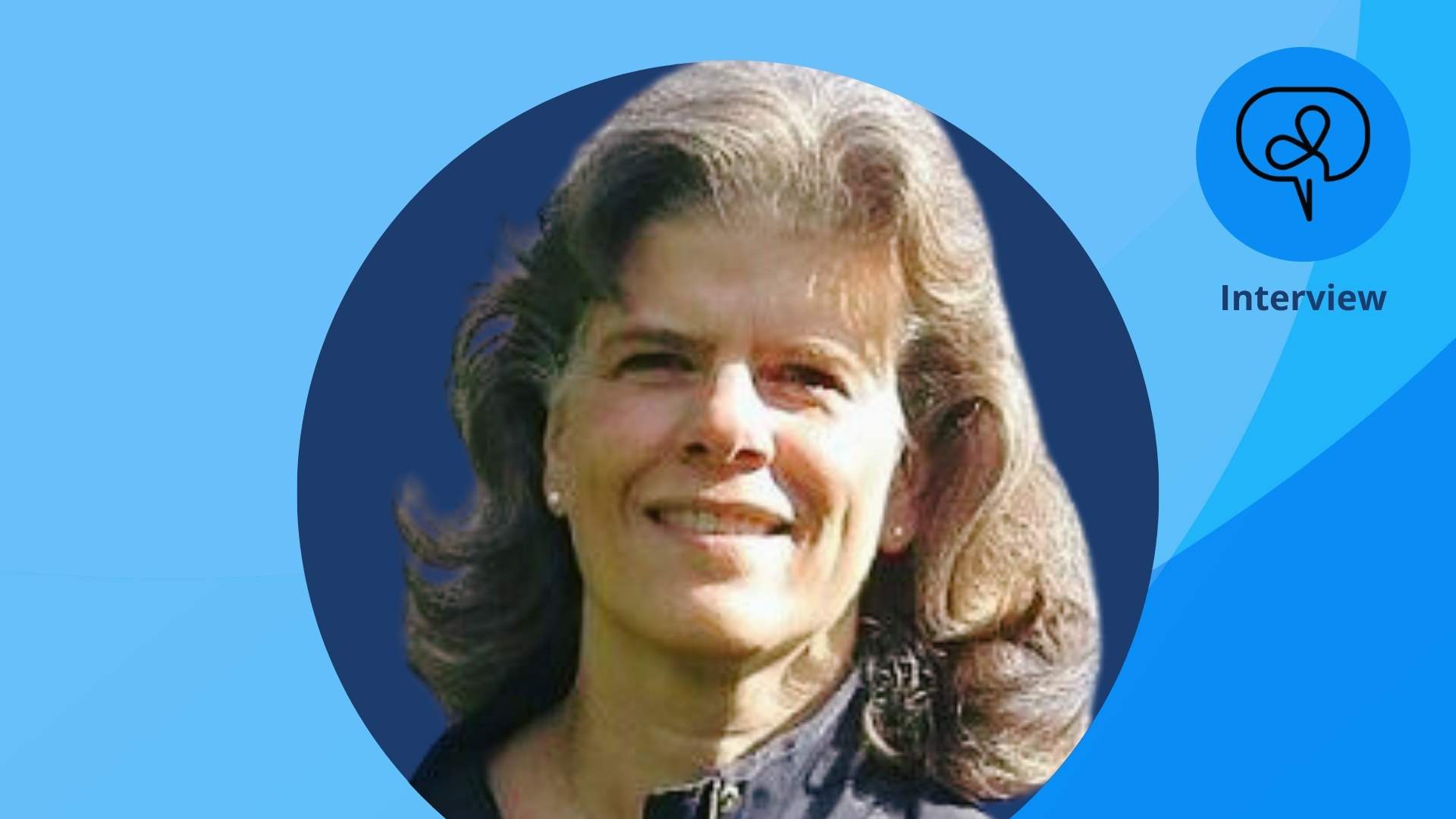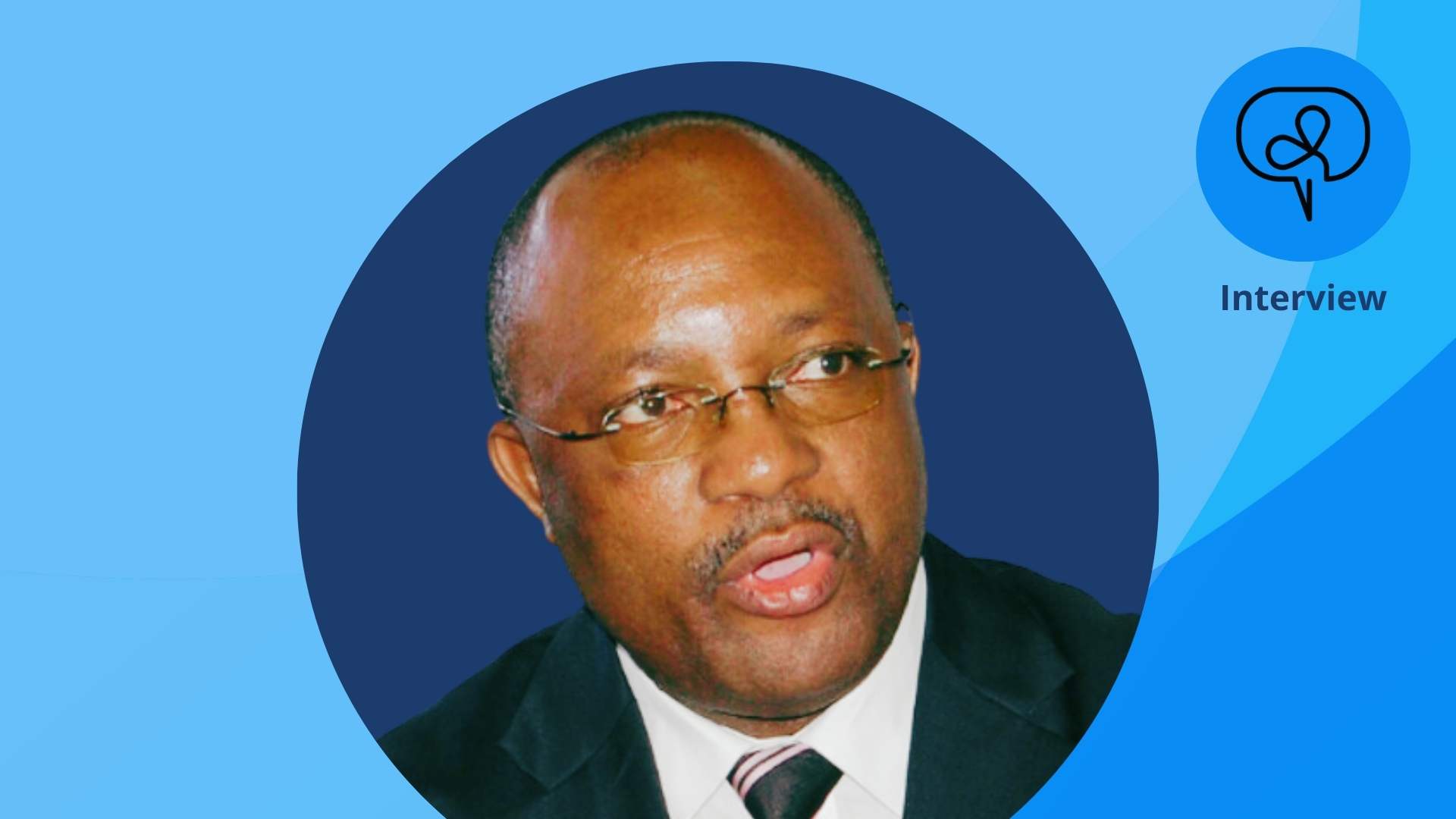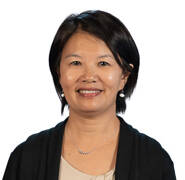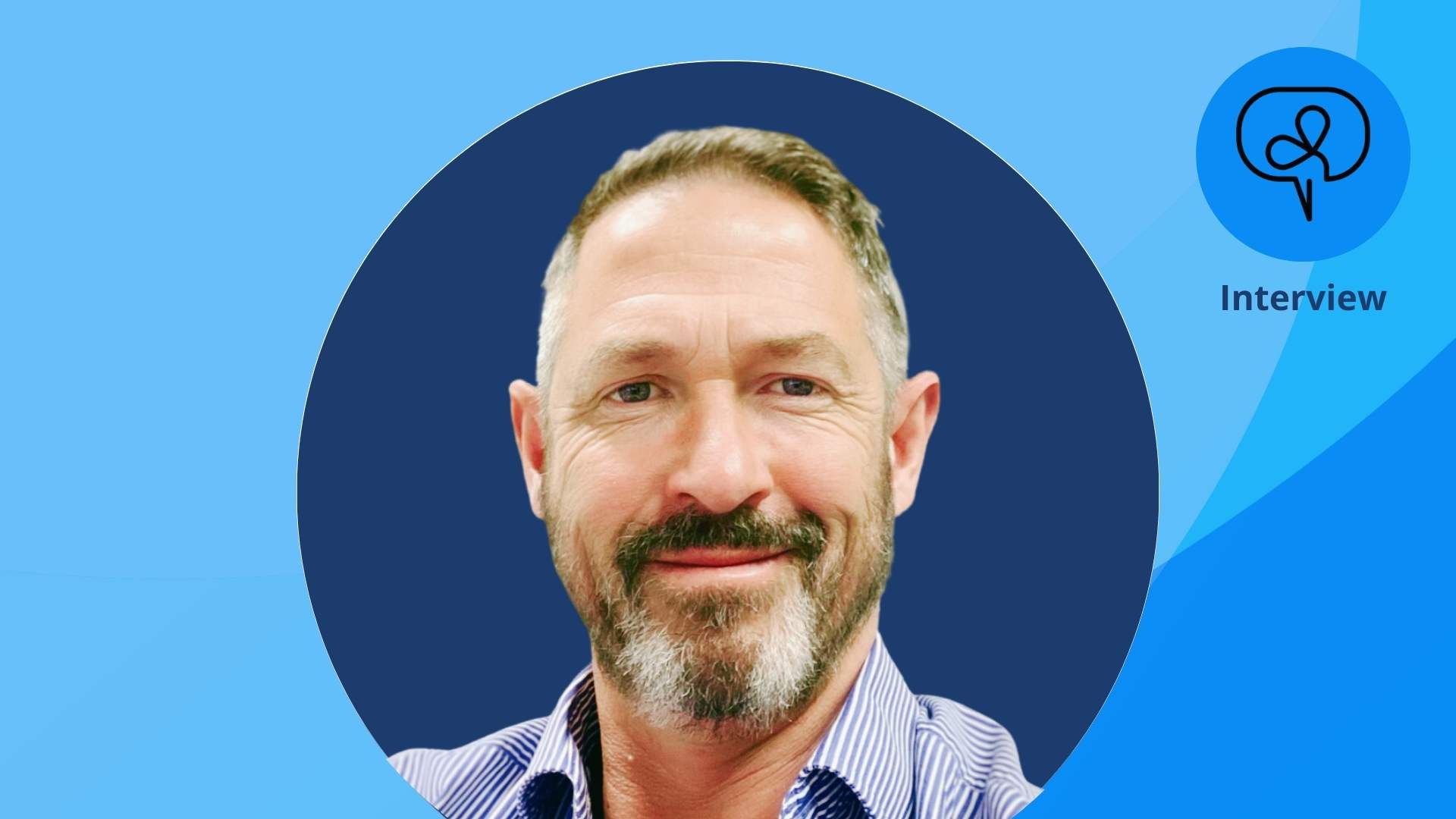
The Secretariat spoke with both co-chairs ahead of this week’s Senior Managers’ Meeting and the High-Level Food Systems event.

Tristan Armstrong
Senior Sector Specialist, Agricultural Development and Food Security, Department of Foreign Affairs and Trade (DFAT) – Australia
Tristan Armstrong, Australia, talked openly about why donors play a key role in food systems transformation. He also shared his own lessons learned around the issues of climate change and how his experience will shape his approach to implementing GDPRD’s mission as its new co-chair.
Food systems cannot be transformed without effective action from donors. Why do you think donors are the most important actors in the current and future food systems architecture?
Donors have a unique mandate and responsibility for shaping and influencing national and global food systems. The ideas we embrace, and the policies we implement will continue to be critical for shifting food systems to become more inclusive, sustainable and resilient as we seek to respond to climate impacts and preserve the world’s remaining biodiversity and natural ecosystems.
Donors cannot act alone. To be effective, we need to support other sectors to invest strategically, to strengthen enabling environments, and reduce the risks faced by farmers and actors along food systems value chains.
We play a role in empowering investors to change their behaviour, adopt new ideas and technologies, and support greater economic empowerment and leadership by women. This goal is especially important as experience has shown that without women’s greater empowerment within the global food systems, we cannot succeed.
How do you see the role of donors changing as we re-examine the way they support food systems transformation ahead of and following the UN Food Systems Summit (UNFSS)?
As the world changes, the role of donors must also change. The world of 2021 is fundamentally different from a decade ago. Governments, value chain actors, farmers and people are more connected than ever before - with ideas and knowledge flowing in new ways. As donors, we are struggling to adapt to the possibilities and risks presented by this shift.
The world’s climate systems are changing more abruptly and chaotically than at any time since the dawn of agriculture. This impacts our ability to produce enough of the right foods in places where they are needed, and that challenge is set to increasingly hamper our responsiveness.
We are starting to see the gradual adoption of an integrated ‘systems thinking’. More flexible and responsive platforms are taking action to link governments, businesses and civil societies to find new ways of problem solving. Platforms such as the GDPRD will be critical in driving this kind of change going forward.
Any thoughts on how this new donor coordination can help achieve the SDGs, in particular SDGs 1 and 2?
Effective coordination is critical in order to deliver widespread and transformational change. Resources from governments, food systems businesses and other investors must be available and aligned to tackle threats posed by climate, unsustainable models of development and demand for food and other resources. We are part of an interconnected world and therefore transformational change on a global level cannot be unilateral.
We must work to build more effective multilateralism, including via platforms such as the GDPRD – but this requires resourcing. This needs commitment at the highest levels within our own organisations.
While this resourcing is difficult for many, we need to balance this challenge against the enormous cost of not cooperating effectively at a global level. Climate change is threatening to be an even more pervasive and serious challenge in terms of achieving SDGs 1 and 2. Global coordination must be adequately resourced, ensuring alignment of efforts to implement change.
In your view, what are the challenges to donor coordination as an effective global response?
It is a challenge of commitment. We, as donors, need to do more to educate ourselves, our leaders and our communities about the importance of effective global coordination. The COVID-19 pandemic has been a great example of how we can come together to reaffirm our belief in evidence and science as a critical foundation for action. It has reminded us that we are stronger together and the cost of failure to coordinate is too great.
What can be done to increase the catalytic potential of donor funding?
Even though donors are responsible for channeling only a small proportion of funding into food systems relative to other global financing streams, our approach can be catalytic.
Multilateral approaches are important in supporting the innovation, risk taking, bold-thinking and experimentation needed to tackle difficult systemic issues like poverty and climate change. We share the same atmosphere, the same water ways, oceans and fisheries. We breath oxygen that is replenished by the same natural ecosystems. Unless our efforts are coordinated, resources will be wasted and impacts will be insufficient.
It is clear no one can do this alone in helping to support national and global food systems. What lessons from Australia’s development programme could you share in the conversation on improving donor coordination at the Platform?
An example to share is the response of the Australian government to recent biosecurity emergencies in the region. The African Swine fever, the fall armyworm and the coconut rhinoceros beetle have recently swept into SE Asia and the Pacific. Management of these threats has required coordination since what one country does within its borders affects others around it.
We worked closely with other nations and aligned our approach around regional coordination bodies such as ASEAN. This brought together expertise and funding from different governments and the private sector, to help manage these pests in a coordinated way. This approach pooled together the strengths of different parties to deliver an outcome that was understood and shared by all.
What are your thoughts on the Platform adjusting its modus operandi to respond appropriately to what is needed for a food systems transformation? What do you think are ways the Platform can provide both channels for specialized information sharing and take a systematic approach for a more holistic and inclusive way of working together across members?
Without a commitment to a coordinated mind set, we will not be adequately prepared to handle the challenges of today and that of the future. In the Pacific, for instance, the collapse of food systems in some areas is already visible due to changing climate patterns. The role of the Platform is to collectively identify risks and provide concrete options that nations and communities can take forward to assist them in responding to predicted impacts.
In conclusion, what are three key takeaways on donor coordination for the readers of this blog?
Our role as donors is to work together to identify key risks and provide concrete options and choices to support greater resilience. Without this mentality and collective approach, we will not be prepared for future crises, including those arising from climate change.
In approaching the UNFSS and when developing our national and regional pathways for transformation, we must ask ourselves what are the key issues and activities that require public investment and policy reform? How can we help other nations along this path? On climate, what do we need to do now and going forward to enable people to keep farming effectively, sustainably, and inclusively for the next 30 years?
As donors, we must embrace systems thinking and not see agriculture and food production as isolated activities. Our engagement with food production touches every part of the global ecological and economic system. How we farm affects all species, the climate and the livelihoods – and lives – of future human generations.
Thank you, Tristan, for your time and for sharing your ideas, experience and vision.

